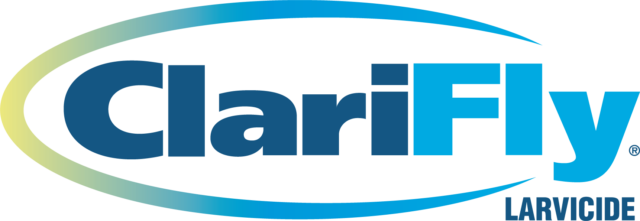Indiana dairy farmer Joe Kelsay knew there would be some backlash from special-interest groups when he agreed to be featured in the dairy checkoff’s “mythbusting” project.
Kelsay was part of “The Udder Truth” video series produced by Dairy Management Inc. In his video that focuses on animal care, Kelsay addresses subjects such as calf separation and the misperception that cows are abused and overworked, among other topics.
Activists sent some harsh comments to his personal email address, but Kelsay says dairy farmers don’t have an option when it comes to “putting themselves out there” to tell their story.
“The take-home message is: Those of us in agriculture have to be bold. We have to stand up for what we do,” says Kelsay, a sixth-generation farmer. “If we don’t do it, no one will."
"We can’t be bullied, and we can’t afford to lay back and let other people drive the conversation without us. It’s going to happen anyway, so we need to be a part of it.”
While some of the accusations were personal and hard for Kelsay to read, he took the high ground and didn’t engage, which kept the situation from escalating. He said he actually read each comment to better understand the opposing point of view.
“I have a curious interest in trying to understand my opponent,” he says. “I think it’s helpful to understand how they think and what their concerns are. If I can address a reasonable concern they have, I will.”
Memorable messages
If challenged about issues such as animal rights and vegetarianism, don’t take the bait. Make non-defensive, positive statements and use specific examples that occur every day on your farm to make your story personal.
- “Yes, animals deserve kindness and good care. That’s why farmers make sure their animals have warm barns, balanced diets and regular check-ups from a veterinarian.”
- “It’s true, some people choose not to eat animal products. Each person can make up his or her own mind.”
- “We both have a passion for animals. I work every day to make sure my animals receive the best care.”
Do’s and don’ts
Here are some tips to do – and not do – when you are faced with an opposing point of view or when speaking with someone about your farm.
Don’t …
- Get into an argument and say or write something you’ll regret later. If things get heated, step away.
- Personally attack the commenter. Activists often look for a fight – don’t give them one.
- Forget there are great resources available, such as www.DairyGood.org and the myDairy network, which you can join by visiting the website.
Do …
- Be respectful and polite.
- Remember you are speaking with people who are not dairy or farming experts, so avoid industry jargon and terminology.
- Take the time to craft a thoughtful response on your social channels and even ask someone to read it to make sure it has the right tone before posting it. PD
PHOTO: Joe Kelsay participates in an interview for “The Udder Truth” video series. Photo provided by DMI.
Related resources
- Local dairy checkoff organizations
- The Udder Truth campaign
- DairyGood
Test your answer
Name two resources dairy farmers can use to help you communicate your story.
ANSWER: Dairy farmers can visit the Dairy Good website to find articles and other resources on a variety of topics, from animal care to nutrition to recipes.
Farmers also can join the myDairy network, which provides messaging and background information on issues, industry news and checkoff programs. Become part of the network by visiting the website.
Your Dairy Checkoff in Action – The following update is provided by Dairy Management Inc. (DMI), which manages the national dairy checkoff program on behalf of America’s dairy farmers and dairy importers. DMI is the domestic and international planning and management organization responsible for increasing sales of and demand for dairy products and ingredients.






